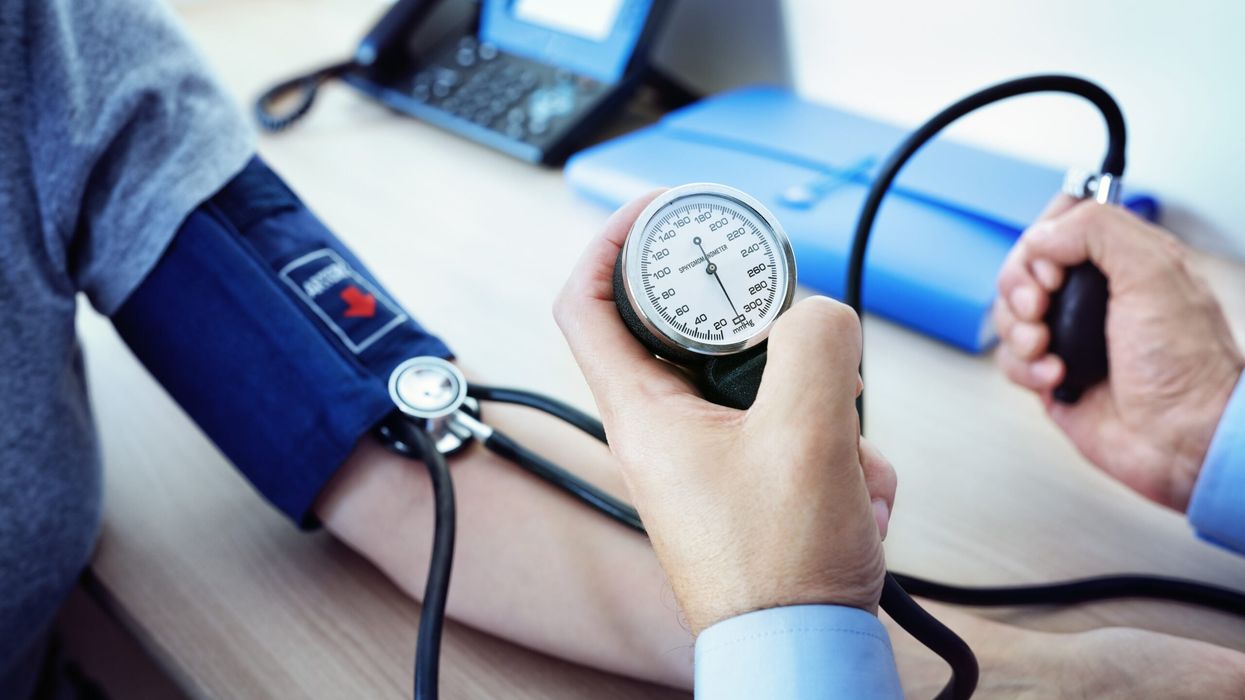NEARLY half of the country's workforce lacks access to essential workplace health support, according to a report by the Royal Society for Public Health (RSPH).
The report, based on data from the Department for Work and Pensions and the Department for Business, Energy and Industrial Strategy (DBEIS), reveals that over 10 million workers are not provided with basic health services such as flu vaccinations, cardiovascular checks, and support for quitting smoking or weight loss by their employers, according to The Guardian.
The analysis suggests that the lack of health support in workplaces disproportionately affects those in lower-paid industries, such as hospitality and agriculture, further worsening existing health inequalities.
NHS-run health programmes, including checks for conditions like heart disease and diabetes, are a common workplace health measure.
The report calls on the government to introduce a national health and work standard to ensure all employees receive a minimum level of health support. It highlights the economic impact of poor health, estimated to cost £100bn annually, and suggests better workplace health initiatives could reduce this burden.
William Roberts, RSPH chief executive, stressed the urgency of addressing workplace health, noting the costs associated with ill-health and the strain on the health service, reported The Guardian.
He urged quicker action, stating that workplaces should be used to promote health and prevent illness, particularly in sectors where health support is lacking.
He emphasised the need for businesses and policymakers to implement recommendations to make a meaningful impact.




